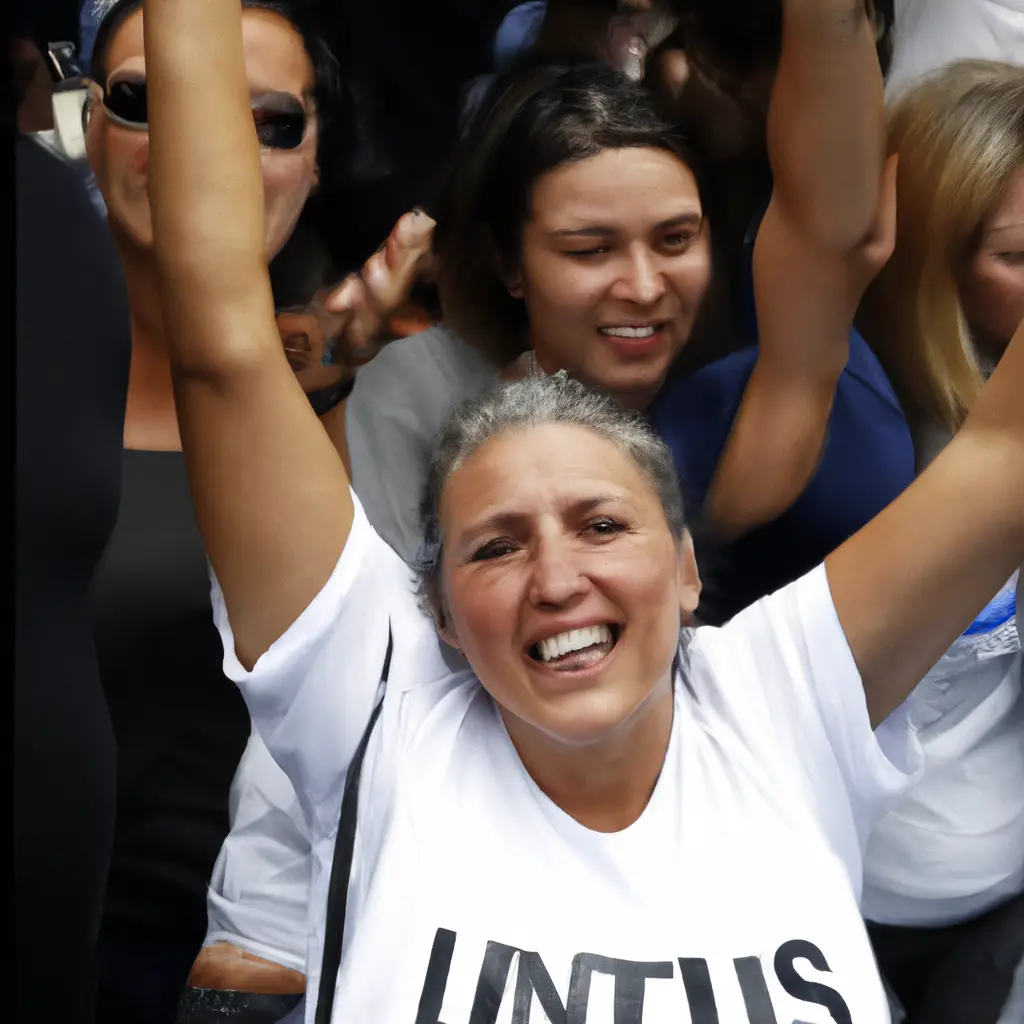Teen killed by French police led to boiler explosion due to pressure

In my extensive work in the suburban areas of Paris, Lyon and Marseille, I have seen and heard first-hand the complaints that are now being heard on the streets of Nanterre.
The suburbs and povertySome suburbs of major French cities have suffered for decades from what has been described as the worst "hypermarginalization" in Europe. Poor housing and education, combined with geographic isolation and racism, make it nearly impossible for people to change their situation. It has long been argued that people living in poor suburbs face discrimination based on the very fact of living in those neighborhoods when seeking employment. Even just having a certain name on your resume can exclude you from employment due to widespread racial discrimination. Dissatisfaction among young people in these places has been building up for decades. The first riots of the kind now taking place in Paris took place in Lyon back in the 1990s. And yet, except in moments of crisis, there seems to be little discussion among the French leadership about how to solve the problems that cause such anger in the suburbs. President Emmanuel Macron presents himself as a proponent of reindustrializing France and revitalizing the economy. But his vision includes no plan to use economic growth to create opportunity in the suburbs or, conversely, to use the potential of the suburbs to spur economic growth. In two presidential terms, he has failed to offer coherent policies to address some key suburban issues.
Police brutality
The issue of police brutality is of great concern in France at the moment, not only because of the Nanterre incident. Earlier this year, the Council of Europe's International Organization for Human Rights unusually criticized French police for "excessive use of force" during protests against Macron's pension reforms.
Some suburbs of major French cities have suffered for decades from what has been described as the worst "hypermarginalization" in Europe. Poor housing and education, combined with geographic isolation and racism, make it nearly impossible for people to change their situation. It has long been argued that people living in poor suburbs face discrimination based on the very fact of living in those neighborhoods when seeking employment. Even just having a certain name on your resume can exclude you from employment due to widespread racial discrimination. Dissatisfaction among young people in these places has been building up for decades. The first riots of the kind now taking place in Paris took place in Lyon back in the 1990s. And yet, except in moments of crisis, there seems to be little discussion among the French leadership about how to solve the problems that cause such anger in the suburbs. President Emmanuel Macron presents himself as a proponent of reindustrializing France and revitalizing the economy. But his vision includes no plan to use economic growth to create opportunity in the suburbs or, conversely, to use the potential of the suburbs to spur economic growth. In two presidential terms, he has failed to offer coherent policies to address some key suburban issues.
Police brutality
The issue of police brutality is of great concern in France at the moment, not only because of the Nanterre incident. Earlier this year, the Council of Europe's International Organization for Human Rights unusually criticized French police for "excessive use of force" during protests against Macron's pension reforms.
14 May 2025
13 May 2025




Macron v. Sarkozy
Former President Nicolas Sarkozy famously stoked tensions during the 2005 riots, calling participants "passers-by" who needed to be "flushed out" of the suburbs. Macron has also been repeatedly criticized for arogynous behavior during his political career, having made numerous gaffes, including suggesting an unemployed worker "cross the street" to find a job. However, his conciliatory reaction to Nahel's death is very different from Sarkozy's position. He called the killing "inexcusable" and held a crisis meeting to find a solution to the problem. Perhaps they shouldn't have attended an Elton John concert during the riots, and the comments about young people being "poisoned" by video games were somewhat misguided, but Macron at least tried to calm tensions rather than inflame them. One of the main problems for him, however, is the diffuse, decentralized nature of the protesters. There is no leadership to meet and negotiate with, and no specific demands to be met to relieve the tension. As in 2005, the riots are spontaneous, sometimes one neighborhood at a time. This makes it very difficult for the government to stop the escalation. And it underscores the need for a much more comprehensive and thoughtful response to the problems of decades of entrenched poor social prospects and police brutality in the suburbs of French cities.
Comment
Popular Posts
Popular Offers

Subscribe to the newsletter from Hatamatata.com!
Subscribe to the newsletter from Hatamatata.com!
I agree to the processing of personal data and confidentiality rules of Hatamatata










